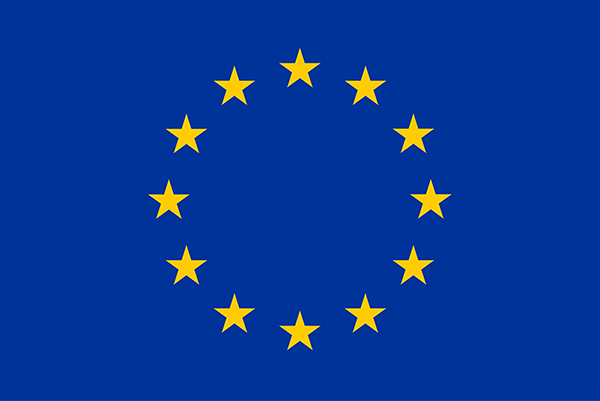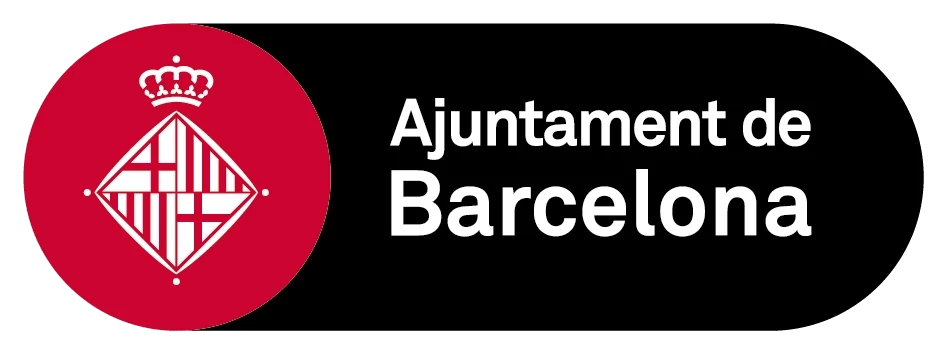Final Report
Effectiveness and experiences of the SMILES' Workshops
What have schools and libraries learnt from SMILES?
Between 1 March 2021 and 30 April 2023, a consortium carried out an Erasmus+-funded research project on news media literacy among young people. It involved Dutch, Belgian and Spanish young people aged 12-15. The acronym SMILES, which stands for 'innovative methodS for Media & Information Literacy Education involving schools and librarieS', was chosen for the project title.
The SMILES project was implemented through three work packages. In the first work package, five socalled 'Baseline studies', or literature reviews, were conducted. The focus was on what the different educational approaches in Spain, Belgium and the Netherlands are with regard to disinformation and how these approaches can be linked.
Based on these studies, the five building blocks were developed in the second work package. In addition, the teaching pairs were offered the training programme developed by SMILES through a 'train-the-trainer methodology' to safely and responsibly deploy the use of digital media tools during lessons with students.
In the third work package, the results from the pre-knowledge tests and the post-knowledge tests were analysed. In addition to these quantitative analyses, qualitative results were also used to analyse and look at the extent to which the training provided to trainers (teaching pairs) and the lessons with the five building blocks for students proved effective in teaching, recognising and becoming more resilient to disinformation, respectively. In doing so, we also reflect on whether the methodology tested has been effective in the three countries: what are the best practices and where do we see areas for improvement?
This is the report resulting from the third work package.




Share: